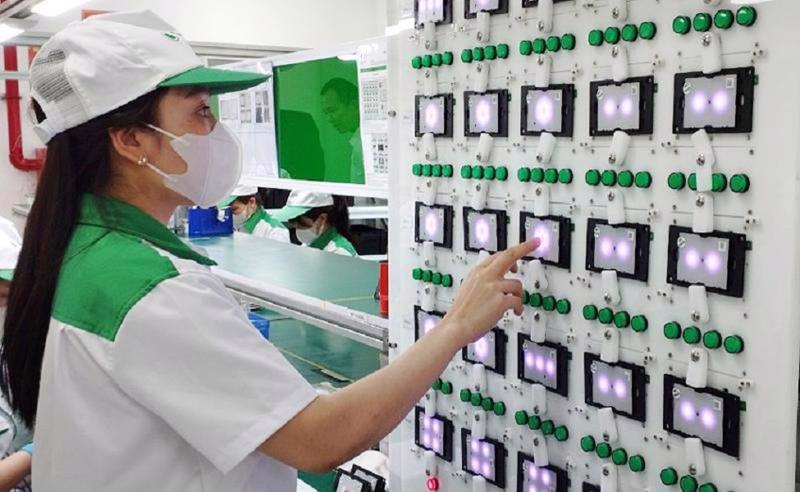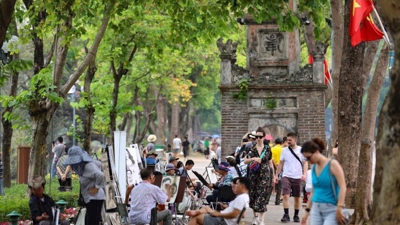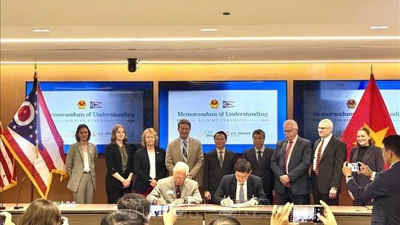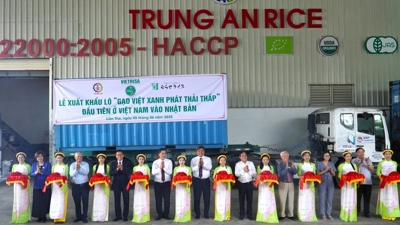Boosting ESCO market development to enhance energy efficiency
Many countries worldwide, such as China, Thailand, and the US, have successfully implemented Energy Saving Funds and ESCO models.

The Ministry of Industry and Trade (MoIT) recognizes the ESCO (Energy Service Company) model as a new business approach, effectively utilized in many developed countries due to its advantage of pre-investing in energy equipment for users, with costs recouped during operation.
The ESCO model is a form of energy service company that specializes in providing comprehensive energy solutions, including the design and implementation of energy-saving projects, energy conservation, and leasing energy infrastructure.
This model also promotes the energy-saving market, creates impetus for businesses to invest in this field, and contributes to Vietnam's commitments to reducing greenhouse gas emissions and achieving sustainable development.
According to the MoIT, many countries worldwide, such as China, Thailand, and the US, have successfully implemented Energy Saving Funds and the ESCO model, providing a major impetus for enhancing energy efficiency.
To implement this model in Vietnam, the MoIT believes the Energy Saving Fund needs to be designed as a public-private partnership (PPP) financial model, capable of attracting and circulating capital, while simultaneously supporting industrial and residential retrofitting, and technological innovation.
Concurrently, sustainable financial mechanisms such as low-interest loans, fundraising, and guarantee funds should be developed; cooperation channels with donor organizations and funds should be established. Financial linkage models between businesses, companies operating as ESCOs, and credit institutions should also be built.
Speaking at the recent forum "Promoting green energy in industrial parks: Solutions for effective business implementation", Dr. Trinh Quoc Dung Hanoi University of Science and Technology, stated that Vietnam currently has financial and non-financial support policies for energy efficiency (EE) projects and ESCO development.
According to Dr. Dung, the key factor for the ESCO market is the development of a clear, comprehensive, and effectively supportive legal framework, particularly standardizing Engineering, Procurement, and Construction (EPC) contract templates, savings-sharing mechanisms, and independent evaluation standards.
With the planned amendment to the Law on Economical and Efficient Use of Energy, experts believe Vietnam is facing an opportunity to shape a robust, modern energy-saving ecosystem with significant potential for international cooperation.







